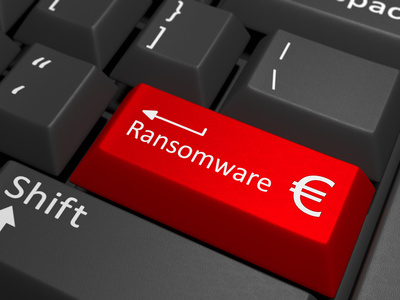A recent ransomware attack on ForHousing and Liberty has led to the alleged theft of private data after hackers are understood to have managed to gain unauthorised access to the systems of ForViva, the social housing group to which the two companies belong. The executive of the group has reportedly stated that only a small volume of data may have been compromised, but the incident nevertheless has the potential to cause damage to data privacy.
Social housing groups like ForViva are usually required to hold a range of personal information to support their operations, both relating to their staff and, of course, to their residents. As such, they have important data protection responsibilities and must be relied upon to keep the information they store and process secure. Even in the case of cyberattacks, all data controllers retain a degree of responsibility, as they are expected to defend against such external threats as far as they possibly can.
As leading specialist Data Breach Lawyers, we are here to ensure data controllers are held to their legal duties that they are bound to when it comes to data protection law. Making data breach claims is a key route to achieving justice. If the security of your information has been compromised by the actions or negligence of a third party, you could be eligible to claim compensation on a No Win, No Fee basis now.
Read More












